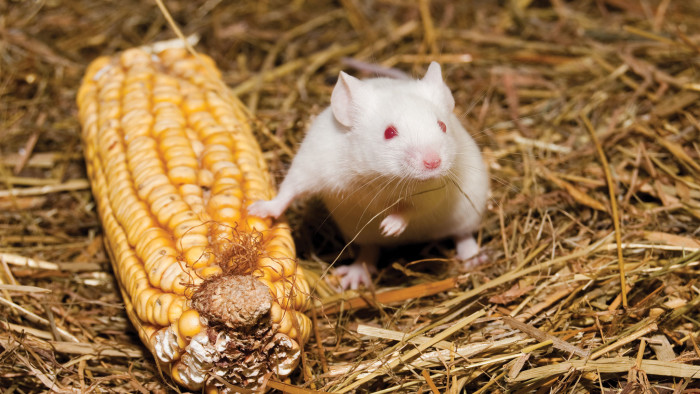Animal research: mice win reprieve as genetic model for man

Simply sign up to the Life & Arts myFT Digest -- delivered directly to your inbox.
Do mice make good models of human disease? The extensive use of mice for medical research and drug development – more than three million procedures a year in the UK alone – assumes a positive answer, but a US study last year raised doubts about the murine model in severe inflammatory conditions such as sepsis, acute infection and severe burns. The scientists found that a completely different set of genes was active in people and mice with these conditions.
Now, however, Japanese researchers have re-analysed the data using what they call “more appropriate and more sensitive methods for detecting similarities of gene expression than that applied in the original paper”. Both the US and Japanese analyses appeared in Proceedings of the National Academy of Sciences.
“One of the authors [of the first study] stated in an interview with the New York Times that when the paper was rejected by Nature and Science, they received comments such as ‘It has to be wrong,’” says Tsuyoshi Miyakawa of Fujita Health University. “I had the same impression as the reviewers.”
So Miyakawa and Keizo Takao of Japan’s National Institute for Physiological Sciences re-evaluated the data – and came to the opposite conclusion from the US researchers. The original paper looked at all genes whose activity changed during inflammatory disease in either humans or mice, while the new study looks only at genes that were significantly altered in both species.
The Japanese authors also say their analysis is more representative of mouse data produced under similar conditions to human studies. They found that between 77 and 93 per cent of the genes changed in the same direction in the human disease and mouse model.
“These findings demonstrate that gene expression patterns in mouse models closely recapitulate those in human inflammatory conditions and strongly argue for the utility of mice as animal models of human disorders,” the paper concludes. But the debate is far from over.
Photograph: Dreamstime
Comments